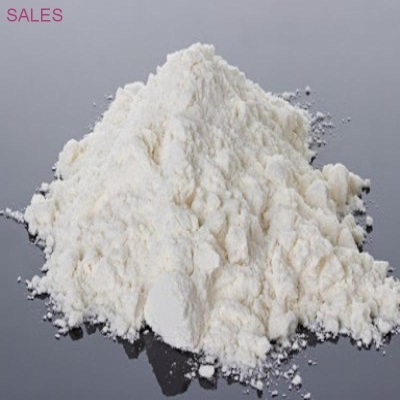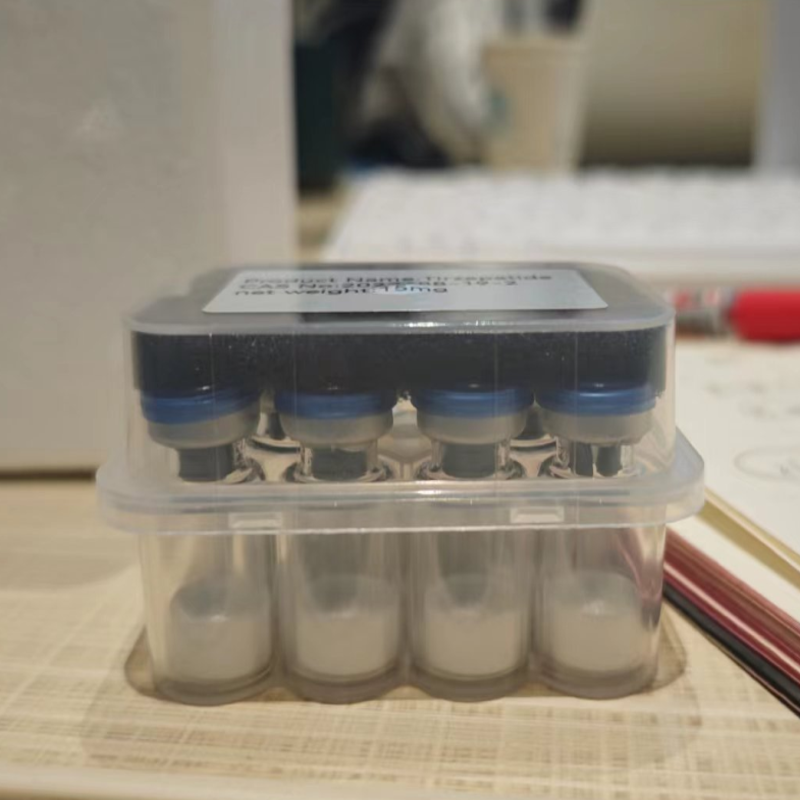-
Categories
-
Pharmaceutical Intermediates
-
Active Pharmaceutical Ingredients
-
Food Additives
- Industrial Coatings
- Agrochemicals
- Dyes and Pigments
- Surfactant
- Flavors and Fragrances
- Chemical Reagents
- Catalyst and Auxiliary
- Natural Products
- Inorganic Chemistry
-
Organic Chemistry
-
Biochemical Engineering
- Analytical Chemistry
-
Cosmetic Ingredient
- Water Treatment Chemical
-
Pharmaceutical Intermediates
Promotion
ECHEMI Mall
Wholesale
Weekly Price
Exhibition
News
-
Trade Service
Dabrafenib mesylate is a medication that is used to treat certain types of cancer, particularly those that are characterized by the presence of a specific genetic mutation known as BRAF V600E.
However, it has also been found to have potential applications in the chemical industry.
One of the most promising applications of dabrafenib mesylate in the chemical industry is in the area of catalysis.
Catalysis is the process of speeding up chemical reactions without being consumed in the process.
Catalysts are substances that facilitate chemical reactions, and they are often used to make reactions happen more quickly or to make them happen at lower temperatures or pressures.
Dabrafenib mesylate has been found to have catalytic properties, meaning that it can facilitate chemical reactions.
Specifically, it has been found to be capable of catalyzing the Diels-Alder reaction, which is a type of chemical reaction that involves the substitution of two organic compounds.
This reaction is important in the synthesis of a wide variety of chemicals, including pharmaceuticals, agrochemicals, and materials.
The ability of dabrafenib mesylate to catalyze the Diels-Alder reaction makes it a potentially valuable tool in the chemical industry, as it could potentially be used to synthesize a wide variety of chemicals more quickly and efficiently.
Another potential application of dabrafenib mesylate in the chemical industry is in the area of materials science.
Materials science is the study of the properties of materials, and it is an important field in the development of new materials and technologies.
Dabrafenib mesylate has been found to have unique physical and chemical properties that make it potentially useful in the development of new materials.
For example, it has been found to have a high thermal stability, meaning that it can withstand high temperatures without undergoing chemical changes.
This property could make it useful in the development of materials that are resistant to high temperatures, such as those used in the aerospace industry or in high-temperature chemical processing.
Additionally, dabrafenib mesylate has been found to have a high reactivity, meaning that it is capable of undergoing chemical reactions with other substances.
This property could make it useful in the development of new materials that are capable of reacting with other materials to form new compounds.
Overall, dabrafenib mesylate has a wide range of potential applications in the chemical industry, including catalysis and materials science.
Further research is needed to fully understand its properties and to determine its potential uses in these and other areas.







